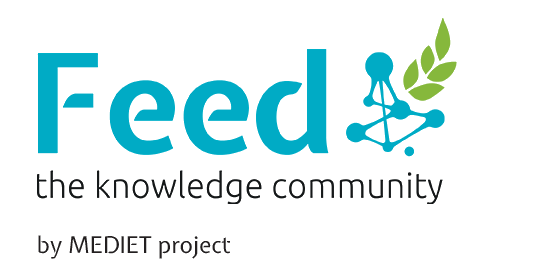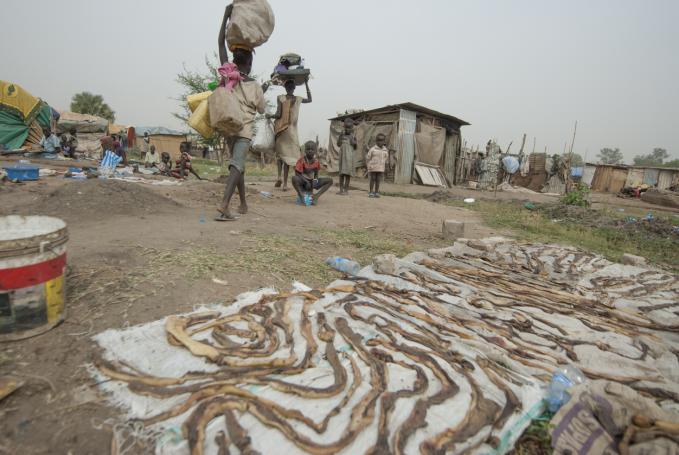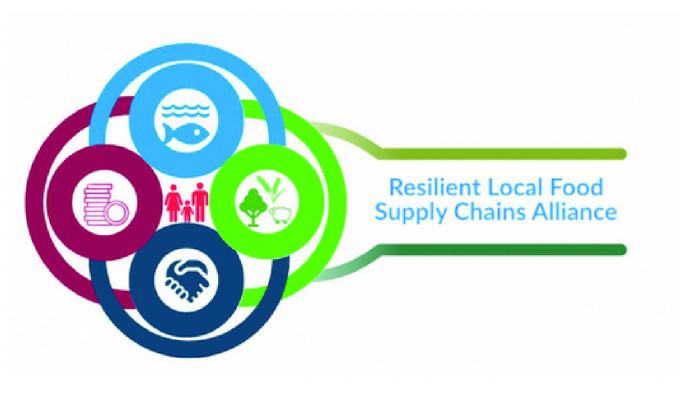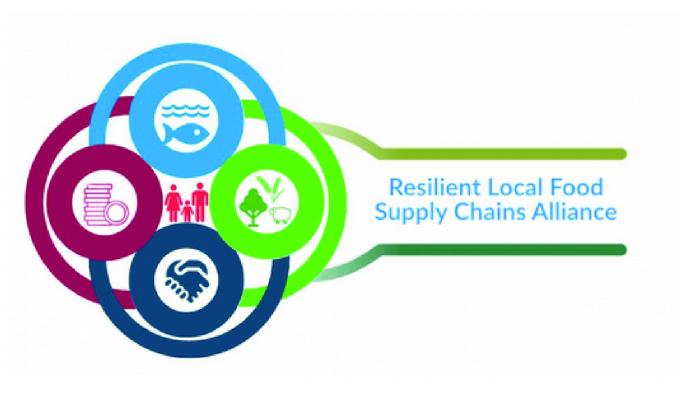Period
2012 - 2016
Child malnutrition is a pressing issue in Benin, with alarming rates of stunting and anaemia. International organisations such as WFP, WHO, and UNICEF have implemented strategies, including fortified infant flour and community education projects. The use of local ingredients ensures the sustainability and transferability of this practice. In this case, a multi-ingredient infant formula made from maize flour, malted sorghum, soya beans, shelled and roasted groundnuts, baobab pulp and dried fried fish was prepared by social workers, taught to local families and used as a supplementary food to feed malnourished children. Tailored programmes and government commitment are critical to addressing malnutrition in a comprehensive and sustainable way.
You must be registered to see all the content
Identification needs
In Benin, a sub-Saharan African country, the nutritional status of children aged 6–59 months is a major concern. Approximately one-third (32%) of children under 5 years are stunted (INSAE 2019). The Atacora department in Benin records the highest percentage (85%) of anemic children who are stunted (INSAE 2019) [3]. The nutritional deficiency and growth retardation occurs in children aged 6–59 months due to inadequate feeding practices and micronutrient deficiencies (Hounkpatin 2011). Consequently, undernourished children are more likely to die of diseases such as respiratory infections and malaria as they have decreased biological capacity to fight infections (Bourke et al., 2016). These issues highlight the urgent need for strategies to reduce undernutrition in children. In Benin, one UNICEF representative set the rate of severe malnutrition, which often requires immediate hospitalization, at 34.6 percent.
Stakeholder change
Given the important role of adequate feeding practices for children, the World Food Programme (WFP), the World Health Organization (WHO) and the United Nations Children's Fund (UNICEF) have been working in Benin to improve child nutrition through food supplementation, fortification and support to children from vulnerable communities. Social workers prepared a multi-ingredient infant flour consisting of corn flour (Zea mays), malted sorghum (Sorghum bicolor), soybean (Glycine max), shelled and roasted peanuts (Arachis hypogeaea), baobab pulp (Adansonia digitata), and dried fried fish (Stolothrissa tanganyicae) as complementary food for undernourished children. Plumpy Nut can also be used as a baby supplement. Besides, the Community Nutrition Education Project program was initiated. Through this program, 12,607 grandmothers in various communities were trained to promote the health of pregnant women and children.
Change triggered
This practice is transferable from generation to generation because the raw material used to make the enriched flour products are based on local food resources; thus, these raw materials are accessible and affordable.The consumption of enriched flour products by malnourished children resulted in complete recovery after one month. Moreover, this flour provided significantly higher intakes of carbohydrates and iron for the children.Food and nutrition situation in Benin has been slightly improved thanks to the implementation of multisectoral coordination of interventions. Nonetheless, many challenges remain to be addressed, including the scaling up of successful interventions and advocacy for a substantial mobilization of resources in order to achieve global nutrition targets and sustainable development goals. The multitude of languages (50 different languages) that are spoken throughout the country limit the scope that nutrition programs can realistically aim for.
Short description
Government commitment, clear policy and programme direction, advocacy and communication combined with a strong public-private partnership is essential for successful programs. However, addressing the cultural factors leading to undernourishment can effectively reduce malnutrition in Benin, despite structural hindrances. Government must provide financial support or subsidies and subsidies for agriculture to transform subsistence agriculture into commercial farming and also invest in research to have more technology for production.














